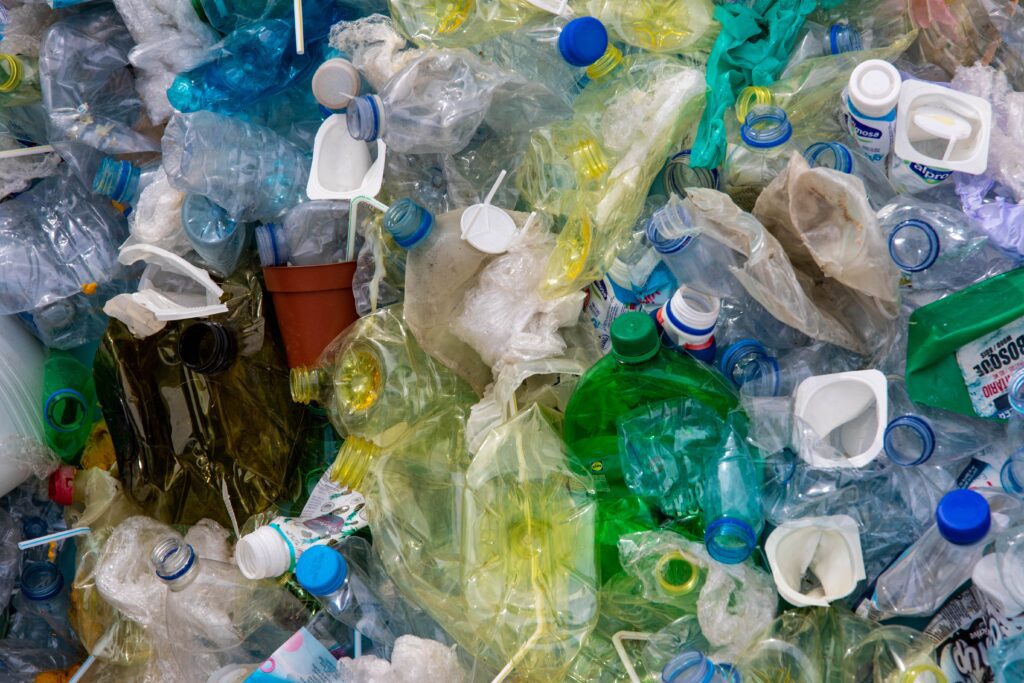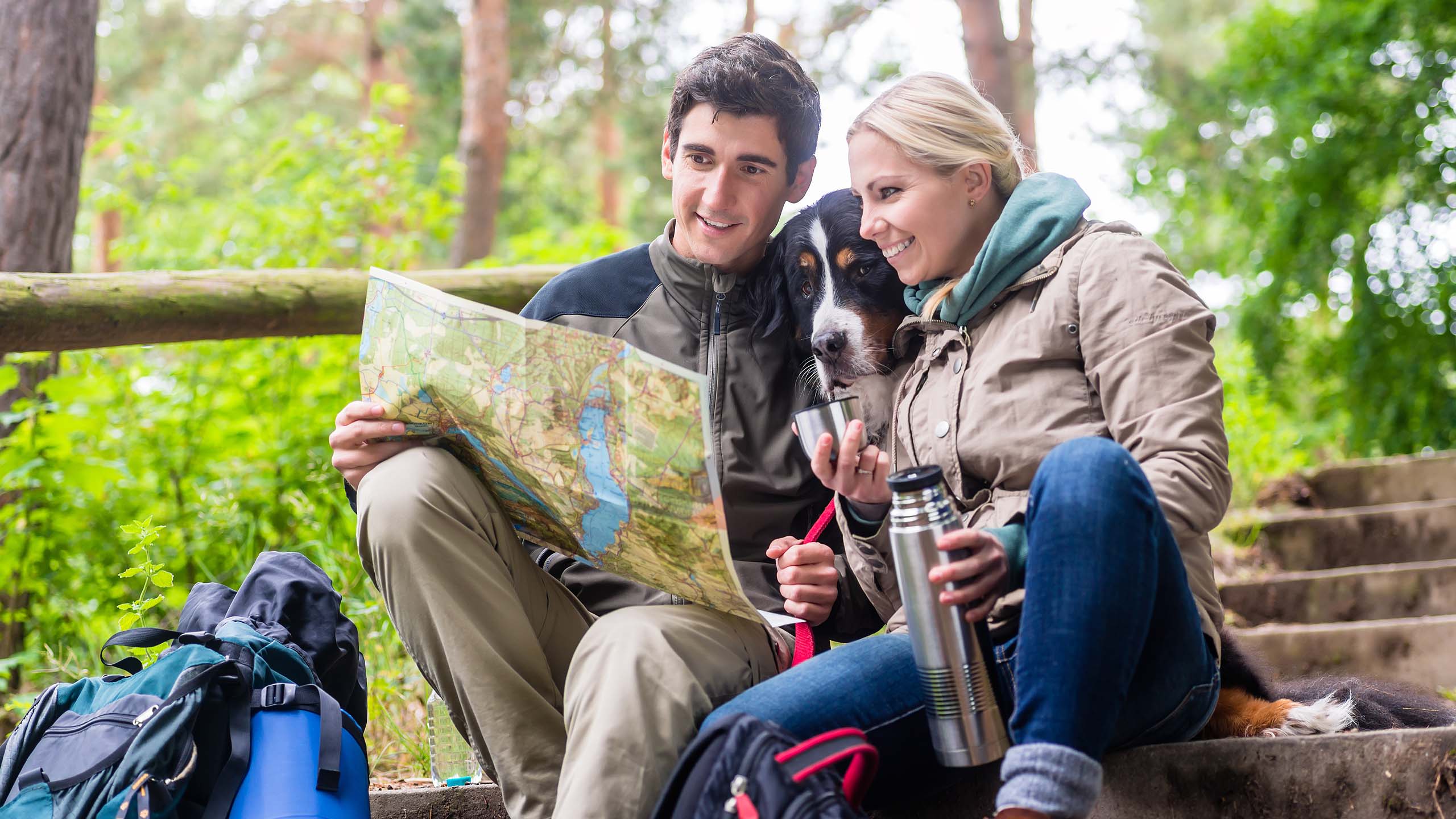Reduce Waste When you Travel
What does reduce waste when you travel mean? And why should reducing waste matter as a traveller?
Being a traveller, exploring our globe is a wonderful feeling, experiencing new sights, meeting new people, eating new cuisines, engaging in new activities, the benefits and reasons for exploring our globe are endless!
The reason to travel is different for every individual, yet we each have a collective responsibility to travel in a sustainable manner, which provides positive outcomes for everyone and everything during our travels.
One aspect to contributing to be a sustainable traveller, is to reduce waste when you travel, and we’re not simply talking about your rubbish use either.
First, let’s understand what sustainable travel is.
What is Sustainable Travel?
“Sustainable travel” is a term which has been used and around for decades, yet has gained momentum over recent years due to increase focus on the need to protect our planet, plus the massive increase of people now travelling across our globe is impacting our planet, and the frequency for which we travel.
Sustainable travel derives from the United Nations World Tourism Organization (UNWTO) sustainable tourism term of “Tourism that takes full account of its current and future economic, social and environmental impacts, addressing the needs of visitors, the industry, the environment and host communities”. With tourism referring to “the activity of visitors, and a visitor is a particular type of traveller and consequently tourism is a subset of travel” (UNWTO).
Ultimately as a traveller, it means to provide current and future positive impact to the natural environment, support local communities and cultures, whilst ensuring economic benefits are sustained within local communities. Sustainable travel encompasses three pillars when travelling:
- People – social connections, communities, cultures
- Planet – environment, animals, nature
- Profit – economy
From an individual’s point of view, it’s about making positive decisions when you travel, to ensure local people and the natural environment are both benefited, whilst providing positive funds stay within local communities.
When traveling, it’s about firstly being aware of all three pillars, and how they can interact and link with each other. Then it’s having the behaviours and taking actions, which provide positive impacts towards those pillars, for both the current state and also future state into account.

Who’s Responsible for Sustainable Travel?
Not one person, community, organisation, or country is in charge of ensuring sustainable travel. We each individually need to contribute to our longevity of Earth.
We as travellers need to positively contribute to our globe, by taking small actions every time we travel, whilst possibly changing our habits and mindset going forward.
Whilst there are various organisations with a mission and purpose to provide guidelines for destinations and properties to adhere to sustainable practices, these are independent and not mandated across the globe.
There are also certifying bodies and guiding principles which allow destinations, properties, and providers, to meet certain sustainable practices and standards. These principles are non-mandatory for destinations, properties and providers to adhere to, yet they are beneficial as they inform stakeholders, including travellers, that they provide and adhere to sustainable practices.

What is Waste?
Now let’s talk about waste, and we’re not simply talking about typical rubbish here.
Waste (object) ”use or expend carelessly, extravagantly, or to no purpose” (of a material, substance, or by-product) “eliminated or discarded as no longer useful or required after the completion of a process”.
Waste comes in many different forms, each having their own devastating impact on our planet. Whether it be our non-biodegradable trash of leftover consumed items that pile up on landfill that never decomposes, or that we use/purchase excessive amounts of “things” that are not a necessity like water or food produce. It could be the water we waste when leaving a tap running, the air pollution we generate with our transportation choices, even the scrap food left over on meals we don’t end up eating. The list of waste is endless.
In general terms, most people can determine what physical waste is, based on what we physically throw in a bin. Yet when it comes to travelling, waste is more than the physical waste we throw in a bin. It’s the “unseen” waste that is just as important as the physical waste.
Types of wastes:
- Physical (solid or liquid)
- Organic
- Recyclable
- Hazardous
When it comes to physical (solid and liquid) waste, the end product of rubbish, typically resides as landfill for solids, or wastewater is disposed by means of special treatment, containment storing or disposal in our natural waters. Organic waste is generally broken down as the items decompose. Recyclable waste is processed for use again, sometimes this process requires large scale production plants to create the products for use again. Hazardous wastes pose potential threats to the environment, animals and people, so they require careful consideration of disposal, which generally can take a long process within itself.
The more you travel, the more you’ll likely be exposed to waste in our world, seeing plastics wash up on clean beaches, seeing our marine wildlife lives at risk due to plastics in our oceans.

Why Care about Reducing Waste when you Travel?
Maybe think of waste as a cancer that grows across Earth, unless we kill it before it spreads. After you imagine waste as a cancer, you’ll do anything to stop it from the onset, find the root cause then eliminate it.
When we think we want to reduce waste when we travel, we first think of our rubbish, waste which we throw out, yet waste is much more than that.
Most of the general public do not think of the before and after processes of how the majority of items/products are made, nor the waste process after an item/product is used. This separation could be the reason why waste is a major concern for earth, more so than ever before. If everyone had to produce, grow, make, gather all the items they need to live off, then on top of that dispose of the waste afterwards, people may likely think twice before purchasing and consuming.
“Out of sight, out of mind” is generally the mindset of most people. Although discussions of climate change have brought the unseen wastes to the forefront of the general public more and more each year.
Landfill sites can potentially cause a few negative impacts being, greenhouse gas emissions leading to global warming, plus also high gas emissions can lead to the risk of fire breakouts. It is estimated landfill sites account for 10% of greenhouse gas emissions. If not initially built properly or maintained correctly, landfill sites can lead to soil and water contamination of nearby natural environments.
Food waste from agricultural production can mostly be composted, although generally is placed in rubbish bins and taken to landfill. Composting organic food waste would reduce landfill volume, whilst also providing positive impacts of the soil using the organic matter as fertilizer, compost retains water so also benefiting the soil the compost goes back onto, and reduces greenhouse gas emissions.
We can no longer survive in the current “make, use, dispose” economy we live in. Unfortunately this is the life which most developed countries live these days. We now all individually need to change our habits when it comes to when we obtain items, how much we obtain, whether it be natural resources, plastics, packaging, food produce, clothes, receipts etc.
Just because something is easily obtainable or replaceable, doesn’t mean it needs to be. A good start is to think of the before and after processes of all physical/solid objects, then once aware of that, then start to consider the unseen wastes.

How Can We Be More Conscious Travellers?
Most people feel they alone cannot make an impact towards sustainable travel, which is not necessarily true. If everyone makes small behaviour changes and makes appropriate sustainable choices, it will collectively make a positive impact to eliminating waste.
There has been an ongoing focus to eliminate, or at least reduce, our waste over many years, and it is no different when we travel.
We should make conscious and positive decisions that first reduce our waste. Then we can go one step further, to eliminate waste all together. As we’re more carefree and relaxed when travelling, we don’t always think of our daily habits nor consider the destination we’re in at the time.
Questions to ask yourself:
- Do your holiday plans create waste in any form (seen or hidden)?
- Are you able, and more importantly willing, to adjust your plans slightly on how or where you travel to reduce your waste?
- How could you reduce or eliminate your waste when you’re exploring a destination?
Some tips to reduce or eliminate your waste could be focusing on food waste, by only ordering and buying what you’re going to eat, with no leftovers. If you visit small remote communities, you should gain appreciation for the locally grown produce and in turn hopefully you are less resistant to throwing away unused produce, instead passing any leftover fresh produce to other people as a means of regifting.
Even when we select our clothes when packing for a trip, only pack items that are truly essential are best. Otherwise in turn excess packing leads to increased baggage weight (possible costs), whilst also increasing your carbon emissions to transport your belongings as you travel. Some destinations welcome unused clothing or toiletry items, so nearing the end of your trip you can gift these items to locals. However there is a difference of gifting to communities that want the times, as opposed to simply leaving the items behind, that may go to the local landfill tip.
There are various ways to eliminate waste, a suggested way to review your waste could be the 5R’s:
- Refuse: to the items that are not required, so avoiding waste at the initial stage
- Reduce: the amount of waste you produce in your everyday life, especially impulse purchases
- Reuse: instead of throwing away, find ways you can repair or reuse items
- Recycle: the items that have already been reused, by turning into a new item
- Rot: all biodegradable items, preferably food scraps in compost bins
- Disposal: at landfill with no alternatives available. Avoid the “Dirty D” at all costs
During your planning and research stage, consider taking the time to read the CSR (Corporate Social Responsibility) of organisations, accommodation and tour operators, to read their ethical position, which is normally found on their website under ‘About Us’ section or in the website footer.
Changing a habit isn’t easy, yet is achievable with consistent focus and determination. It’s our time to protect our globe and our communities, so future generations have places to explore and visit.
Think of the future traveller, just like you…. they will thank you.


